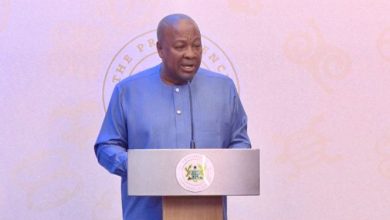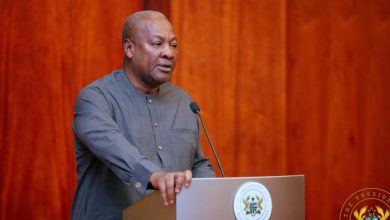Minority Accuses Govt Of Violating Constitution In 2026 Budget

The Ranking Member of the Local Government and Rural Development Committee, Hon. Francis Asenso-Boakye, has accused the government of breaching the Constitution and the Local Governance Act in the presentation of the 2026 Budget.
Addressing Parliament, Asenso-Boakye argued that the Budget illegally prescribes Utilisation Guidelines for the District Assemblies Common Fund (DACF) without following the mandatory legal procedure. He explained that under the law, the Ministry of Local Government, in consultation with the Ministry of Finance, must issue such guidelines only after Parliament approves the DACF Formula. By issuing guidelines before parliamentary approval, he said, the government was acting outside its legal mandate.
He cited the recent proposal by the Minister of Finance on the new utilization guidelines, approved by Cabinet, which includes allocations for:
• 24-hour economy – 25%
• Health facilities – 10%
• Educational facilities – 10%
• Potable water – 10%
• School Furniture – 10%
• Administration – 7.5%
According to Asenso-Boakye, these allocations risk centralising decision-making that is meant to be under the authority of local assemblies, thereby undermining the principle of decentralisation enshrined in the Constitution. “The District Assemblies Common Fund exists to empower local communities to determine their own development priorities. This Budget seeks to dictate how those priorities should be funded, effectively removing local discretion,” he said.
He warned that if Parliament allows the approach to stand, it would effectively be complicit in breaching the Constitution, handing the Minister for Finance authority to dictate how constitutionally guaranteed resources are spent.
Asenso-Boakye also stressed the broader implications of such centralisation, noting that it destabilises local governance structures and could lead to inefficiencies and mismanagement of resources. “When local assemblies are stripped of the authority to allocate funds according to local needs, development becomes top-down, and the intended benefits of decentralisation are lost,” he added.
The Ranking Member urged Parliament to uphold its constitutional role by insisting on transparency, legal compliance, and respect for local governance. He called on legislators to reject any attempt to pre-empt or override the legal procedures for DACF allocation, stressing that the Minority will continue to champion lawful, prudent, and community-focused governance.
“The duty of this House is clear,” he concluded. “We must protect the autonomy of local assemblies and ensure that every cedi allocated through the DACF serves the people for whom it is intended, not just the political priorities of central government.”










